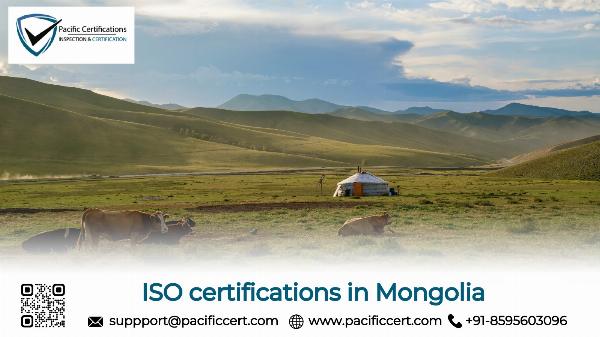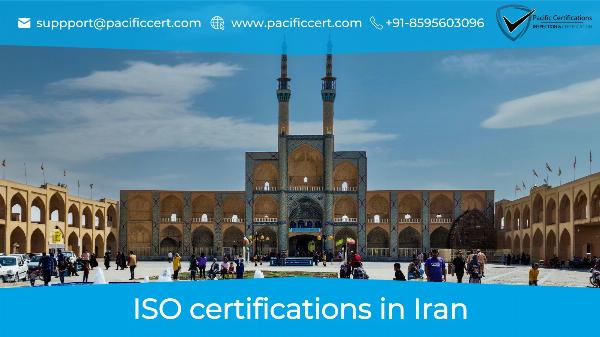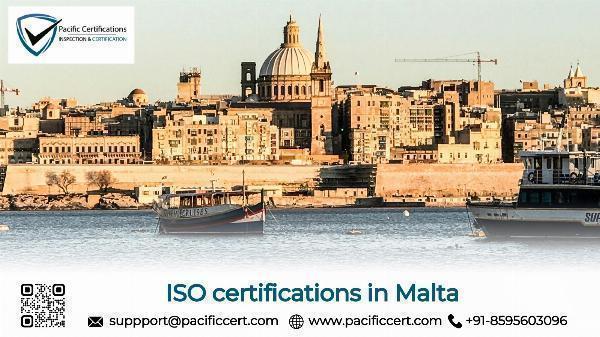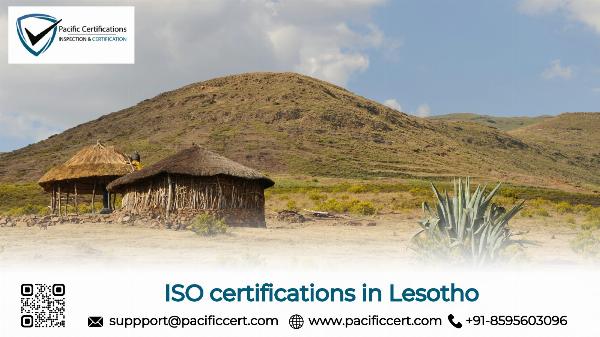ISO Certifications in Kenya and How Pacific Certifications can help
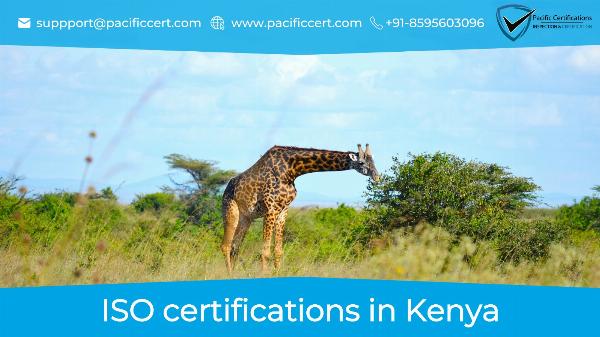
Strong 8k brings an ultra-HD IPTV experience to your living room and your pocket.
Kenya, a rapidly growing economy in East Africa, is witnessing an increased demand for ISO certifications across various industries. The adoption of ISO standards is crucial for Kenyan businesses to enhance their operational efficiency, ensure quality management, and gain international recognition. The following are key ISO standards applicable to various sectors in Kenya:
Common ISO Standards in Kenya
- ISO 9001:2015 (Quality Management Systems)
- ISO 14001:2015 (Environmental Management Systems)
- ISO 45001:2018 (Occupational Health and Safety Management Systems)
- ISO 27001:2022 (Information Security Management Systems)
- ISO 22000:2018 (Food Safety Management Systems)
- ISO 50001:2018 (Energy Management Systems)
Market Research and Trends
Kenya’s market for ISO certifications is experiencing significant growth, driven by increased awareness of the benefits of standardized management systems. This year, the following trends are notable:
Kenyan businesses are increasingly adopting digital technologies to enhance their processes. This shift is driving the demand for ISO 27001 certifications to ensure robust information security frameworks.
Environmental concerns are pushing organizations to adopt sustainable practices, leading to a rise in ISO 14001 and ISO 50001 certifications.
The COVID-19 pandemic has heightened the importance of workplace safety, resulting in a growing number of companies seeking ISO 45001 certifications to protect their workforce.
The agricultural sector, a major contributor to Kenya’s economy, is seeing increased adoption of ISO 22000 to ensure food safety and access to international markets.
How we can help
We at Pacific Certifications specialize in providing audit and certification services to help Kenyan businesses achieve ISO certifications. As a certification body, we focus on:
Conducting thorough and impartial audits to assess compliance with ISO standards.
Issuing ISO certifications upon successful completion of the audit process.
Offering ongoing surveillance audits to ensure continued compliance with ISO standards.
Our expertise lies in auditing and certifying organizations, ensuring they meet the stringent requirements of ISO standards without engaging in consultancy services such as training, internal audits, or documentation preparation.
If you are looking to enhance your management systems and gain international recognition in Kenya, achieving ISO certification contact us today at [email protected] to begin your journey towards ISO certification!
Read More: ISO Certifications in Kenya and How Pacific Certifications can help
Requirements of ISO Certifications in Kenya
Businesses in Kenya are optimising benefits of ISO certifications and to meet international standards and improve their operational efficiency.
Below is an overview of the general requirements for key ISO certifications and the specific needs for the Kenyan market.
General Requirements
Management Commitment
Scope of the Management System
Documented Information
Risk Management
Internal Audits
Corrective Actions
Management Review
Specific Requirements:
ISO 9001:2015 (Quality Management Systems)
Understanding and meeting customer requirements.
Managing activities as processes to improve efficiency.
Emphasizing ongoing improvements in quality management.
ISO 14001:2015 (Environmental Management Systems)
Developing an environmental policy committed to pollution prevention and compliance with legal requirements.
Identifying environmental aspects and impacts associated with the organization's activities.
Ensuring compliance with environmental laws and regulations.
ISO 45001:2018 (Occupational Health and Safety Management Systems)
Identifying workplace hazards and assessing risks.
Ensuring worker involvement in the OH&S management system.
Investigating incidents and implementing corrective actions.
ISO 27001:2022 (Information Security Management Systems)
Establishing an information security policy and objectives.
Conducting a thorough risk assessment to identify and manage information security risks.
Implementing measures to control access to information.
Note: IndiBlogHub features both user-submitted and editorial content. We do not verify third-party contributions. Read our Disclaimer and Privacy Policyfor details.



